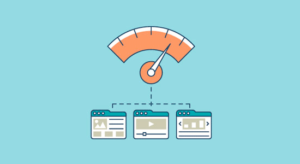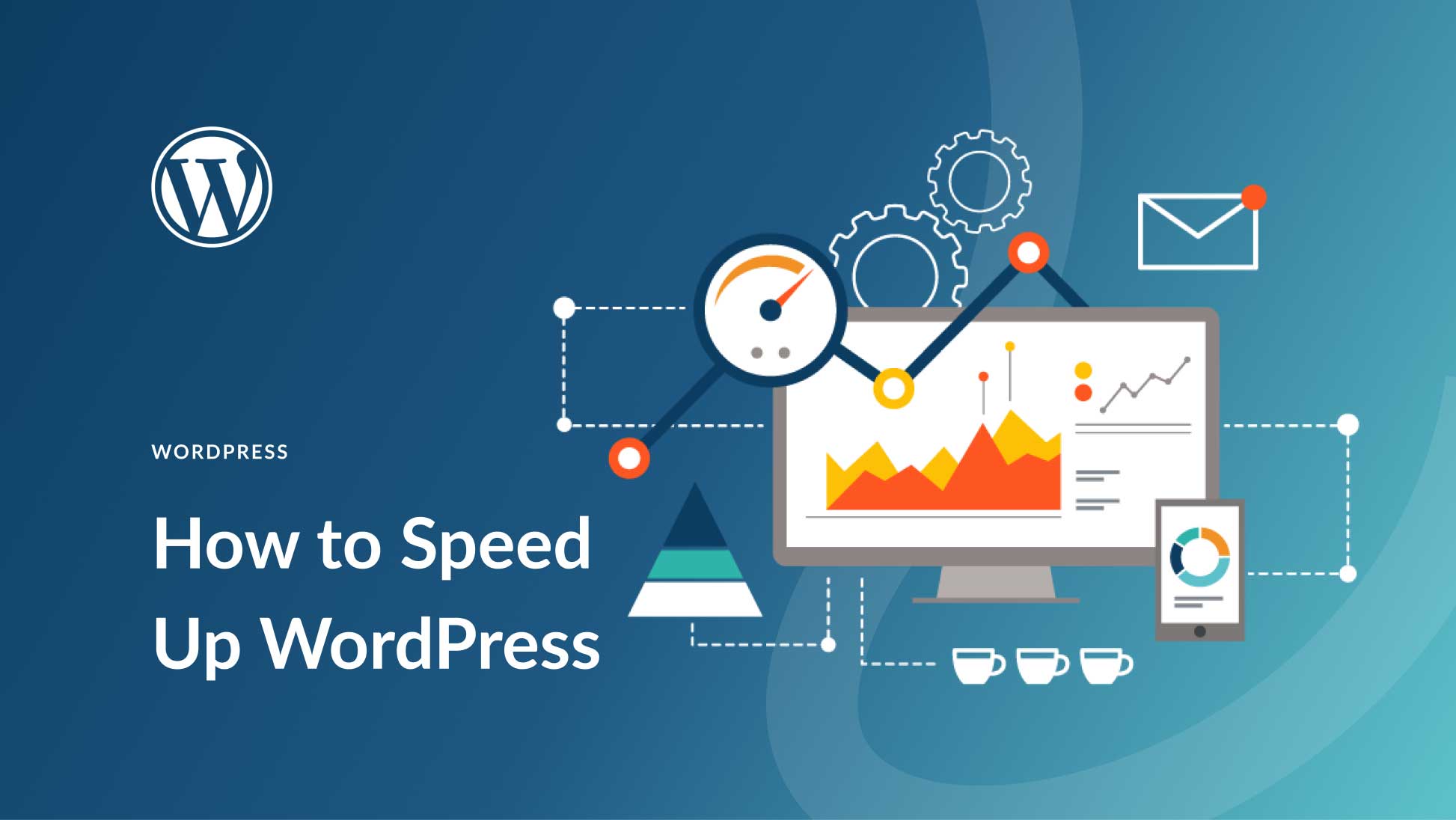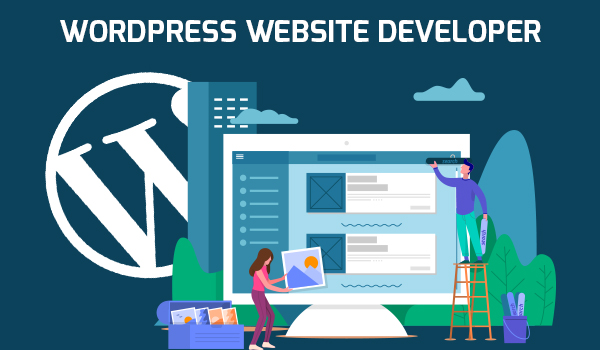Website Speed is paramount in today’s digital landscape. User expectations revolve around swift page loads, and search engines favor sites that exhibit quicker loading times in their rankings. Besides displeasing visitors, a sluggish website could adversely impact your search engine ranking. Hence, prioritizing website speed and performance optimization is crucial. In this blog article, we’ll delve into various tips and resources tailored to enhancing Website Speed, particularly within the realm of WordPress
Why does website Speed Matter?
Before we go into optimization methods and resources, let’s examine the importance of website speed.
User Experience: People want pages to load quickly. Websites that load slowly may lose users, which increases bounce rates and lowers engagement.
SEO Ranking: When ranking web pages, search engines such as Google take website speed into account. Quicker websites typically show up higher in search results.
Conversion Rates: The likelihood that visitors will become customers is higher on faster websites. A quicker shopping experience increases revenue.
Let’s now examine some tips and resources to help you improve the functionality and speed of your WordPress website.
Insights for Speed Optimization
Optimize Images: Your website may load much more slowly if it contains large images. Utilise image compression programs such as ShortPixel or Smush to minimize file sizes without sacrificing quality.
Caching: Reduce server load by using caching to store frequently visited material on your website. W3 Total Cache and WP Super Cache are two WordPress plugins that can assist with this.
Content Delivery Networks (CDNs): By distributing the content of your website among numerous servers worldwide, CDNs let visitors from different parts of the world see pages load more quickly.
Reduce the number of HTTP requests: Every element (scripts, stylesheets, and pictures) on a web page creates an HTTP request. In order to shorten load times, minimize these requests.
Optimize Database: Ensure that your WordPress database is regularly cleared of superfluous information, edits, and spam comments. WP-Optimize and other plugins can assist with this.
Tools for Speed Optimization

Google PageSpeed Insights: This tool evaluates how well your website functions on desktop and mobile platforms. It offers recommendations for accelerating speed.
GTmetrix: GTmetrix evaluates the functionality of your website and makes suggestions for enhancements. It offers a performance score as well.
Pingdom: Pingdom provides a website speed test to assist you in locating performance bottlenecks on your website.
WebPageTest: With a range of testing locations and browser options, this open-source application offers comprehensive performance testing.
Plugins for WordPress Speed Optimization: To enhance WordPress performance, take into consideration utilizing plugins such as WP Rocket, Autoptimize, or WP Fastest Cache.
Methods for Improving the Performance of Websites

Network for Content Delivery (CDN): By delivering material from servers that are geographically closer to your users, a content delivery network (CDN) can dramatically lower load times.
Lazy Loading: Lazy loading can help cut down on initial load times by loading content only when visitors scroll down the page, which is useful for images and videos.
Browser Caching: Use browser caching to save frequently used resources locally on the user’s device so that subsequent visits won’t require fetching them from the server.
Optimize Code: Reduce the size and weight of CSS and JavaScript files. To minimize file sizes, eliminate extraneous code and white spaces.
Minimize Server Requests: To cut down on server calls, restrict the quantity of external requests (like third-party scripts) on your website.
Upgrade Your Hosting: Make sure you’re utilizing a reliable hosting provider, ideally one that offers WordPress hosting. The speed of the website may significantly change as a result.
Continual Updates: Update your WordPress core, themes, and plugins to take advantage of the most recent security patches and performance enhancements.
By putting these tips into practice and making use of the suggested resources, you may improve the speed and functionality of your WordPress website, giving visitors an improved experience and possibly raising your website’s search engine ranking.
Conclusion
A website’s speed is a crucial component of its success online. Enhancing the performance of your WordPress website can result in increased user happiness, better search engine results, and eventually higher conversion rates. It’s important to keep an eye on your website’s speed and stay current on new technologies and approaches to guarantee that your visitors will always have an incredibly fast experience.


